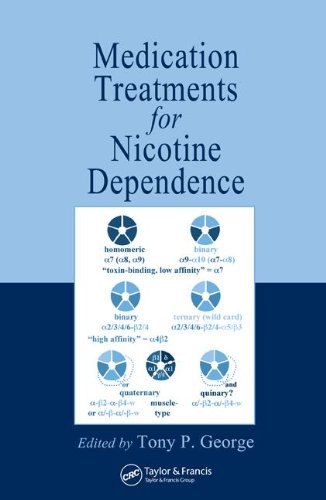

Most ebook files are in PDF format, so you can easily read them using various software such as Foxit Reader or directly on the Google Chrome browser.
Some ebook files are released by publishers in other formats such as .awz, .mobi, .epub, .fb2, etc. You may need to install specific software to read these formats on mobile/PC, such as Calibre.
Please read the tutorial at this link: https://ebookbell.com/faq
We offer FREE conversion to the popular formats you request; however, this may take some time. Therefore, right after payment, please email us, and we will try to provide the service as quickly as possible.
For some exceptional file formats or broken links (if any), please refrain from opening any disputes. Instead, email us first, and we will try to assist within a maximum of 6 hours.
EbookBell Team

4.7
46 reviews“We are entering a Renaissance period … that promises to provide us with improved pharmacological tools to tackle this most serious of worldwide public health problems.”
-- from the Preface
Medication Treatments for Nicotine Dependence assembles contributions from leading researchers and clinicians to provide the most comprehensive volume on current and future possibilities for addressing nicotine and tobacco dependence with medication. Organized into six sections, this important work covers—
Basic pharmacology and physiology of nicotine and nicotinic receptors
First-line medications for nicotine addiction, including NRTs and sustained release bupropion
Second-line medications including antidepressants, inhibitors, and antagonists
Promising treatments currently in development
Special topics such as the combination of medications with behavioral treatments and pharmacogenetic approaches to treatment
The text concludes with the presentation of two unique perspectives on the development of medications for nicotine dependence and its implications for clinical practice.
Medication Treatments for Nicotine Dependence serves as a useful primer and resource for established investigators, as well as those new to the research; for students from a range of disciplines, including pharmacology, psychology, public health, and medicine; and for those clinicians actively engaged in the treatment of nicotine dependence.